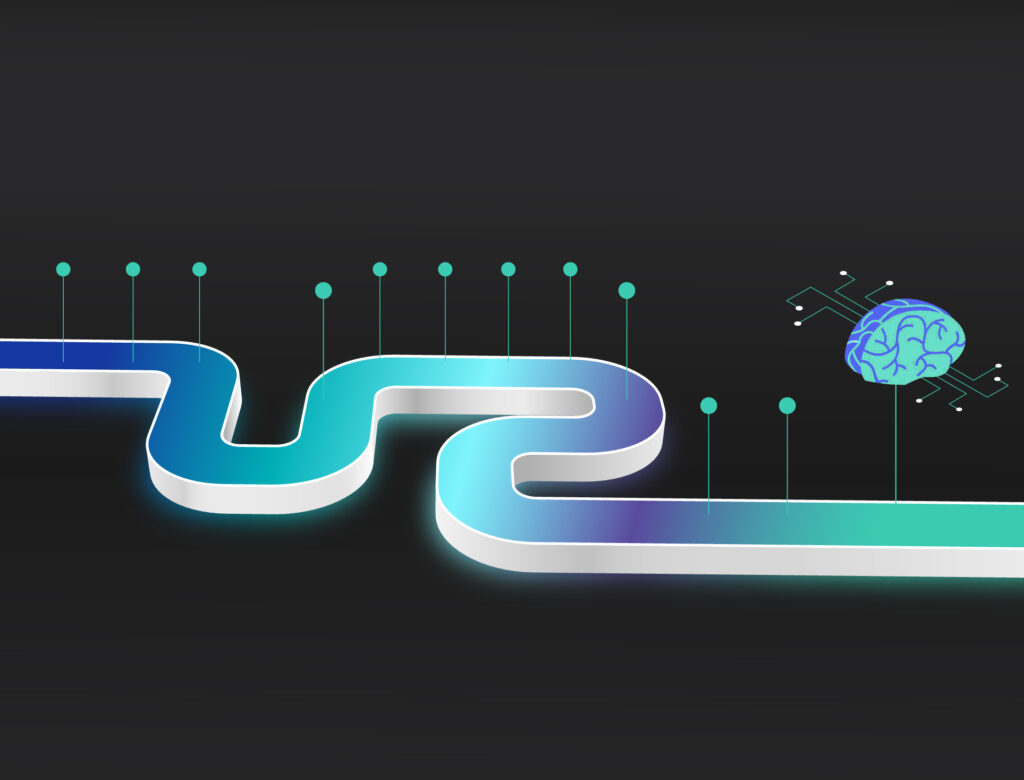As an executive or founder, you are well aware of the transformative power of AI. Yet, transitioning from initial curiosity to successful implementation can often feel overwhelming. Don’t worry! This comprehensive roadmap is designed to provide you with 20 actionable steps to help you move from being a novice to becoming an expert.
First, start by assessing your organization’s specific needs. Identify the areas where AI can add the most value, whether in improving operational efficiency, enhancing customer experience, or driving innovation. This clarity will guide your strategy and help you prioritize projects.
Next, cultivate a culture of innovation within your organization. Encourage your team to embrace technology and explore AI’s potential. This mindset shift is essential for fostering an environment where creativity and experimentation can thrive.
Investing in training is crucial. Equip your team with foundational knowledge about AI concepts, tools, and applications. This can involve workshops, online courses, or collaborating with external experts. A well-informed team will be better prepared to engage with AI technologies effectively.
Collaboration is key in this journey. Partner with data scientists and AI specialists to refine your strategy. Their expertise will be invaluable in navigating the complexities of this kind of development and deployment. Together, you can create a tailored approach that aligns with your organization’s goals.
Once your strategy is in place, focus on data quality. Clean, structured data is the backbone of any successful AI initiative. Ensure your data collection methods are robust, and invest in data governance to maintain accuracy and consistency.
Start small by launching pilot projects. These smaller-scale initiatives allow you to test your ideas in a controlled environment, enabling you to gather insights and make necessary adjustments before a wider rollout. Measure the results rigorously to ensure you’re on the right track.
As you progress, stay informed about the latest advancements in this technology. The field is rapidly evolving, and keeping up with new developments will allow you to adapt your strategy as needed. Engage with industry publications, attend conferences, and participate in relevant networks.
Lastly, prioritize ethical considerations in your initiatives. Transparency and accountability are vital for building trust with your stakeholders. Ensure that your systems are designed with fairness in mind, and regularly review their impact on society.
By following these steps, you can effectively harness the potential of artificial intelligence within your organization, positioning yourself for long-term success in an increasingly digital landscape. Embrace the journey, and watch as your efforts transform your organization into an AI-driven powerhouse.






